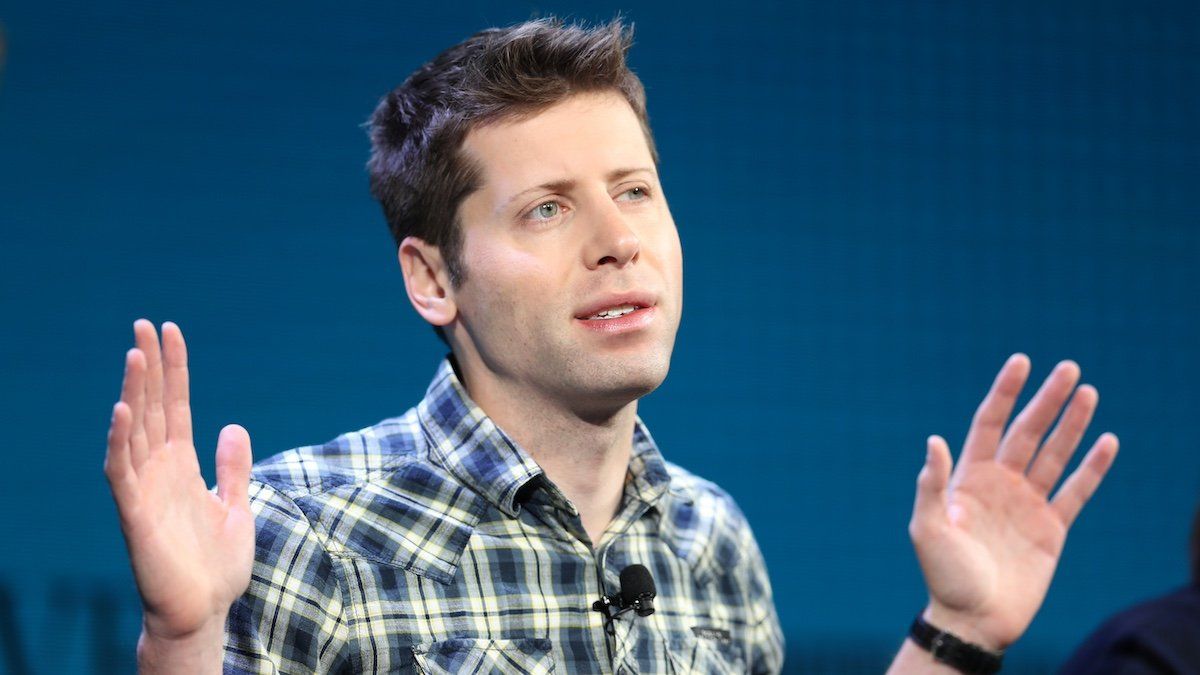A hacker breached an OpenAI employee forum in 2023 and gained access to internal secrets, according to a New York Times report published Thursday. The company, which makes ChatGPT, told employees but never went public with the disclosure. Employees voiced concerns that OpenAI wasn’t taking enough precautions to safeguard sensitive data — and if this hacker, a private individual, could breach their systems, then so could foreign adversaries like China.
Artificial intelligence companies have treasure troves of data — some more sensitive than others. They collect training data (the inputs on which models learn) and user data (how individuals interact with applications), but also have trade secrets that they want to keep away from hackers, rival companies, and foreign governments seeking their own competitive advantage.
The US is trying hard to limit access to this valuable data, as well as the chip technology that powers training, to friendly countries, and has enacted export controls against China. If lax security at private companies means Beijing can just pilfer the data it needs, Washington will need to modify its approach.
